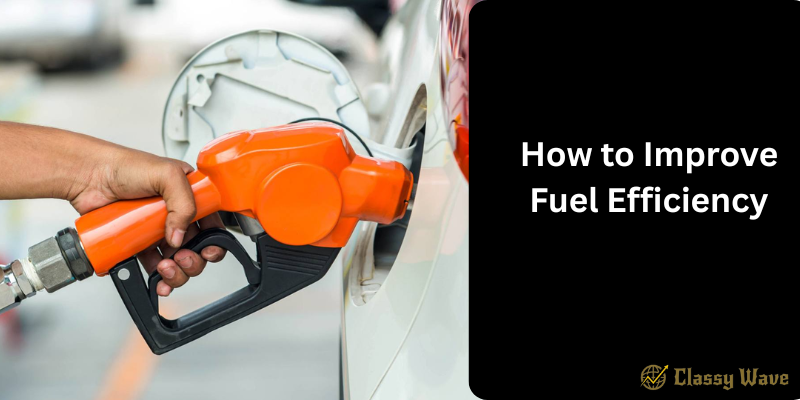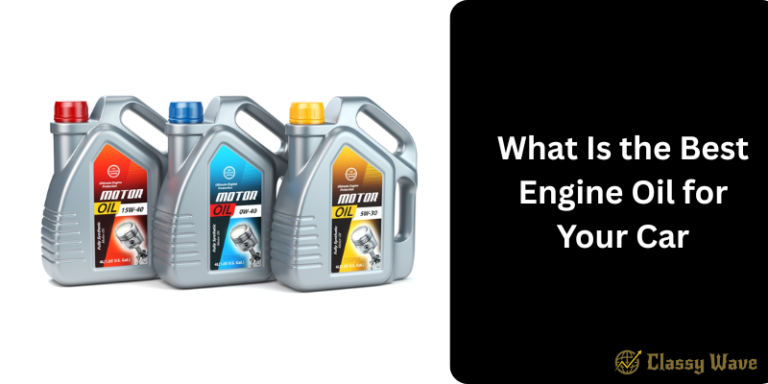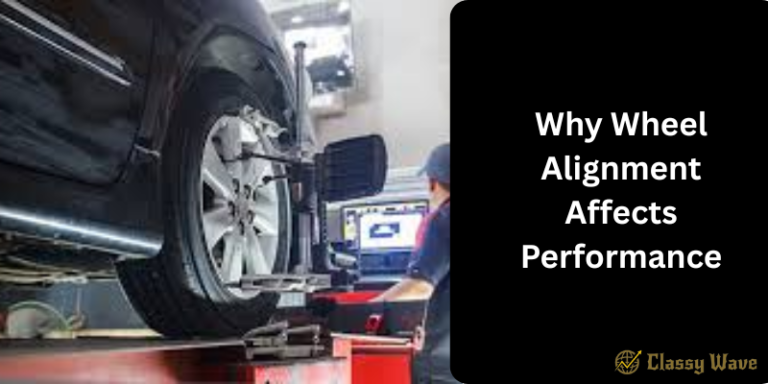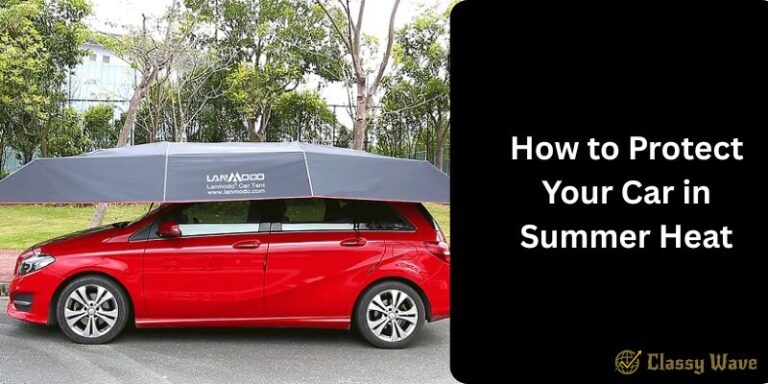How to Improve Fuel Efficiency | Classy Wave
Keeping your vehicle’s fuel consumption low isn’t just good for your wallet — it’s also great for the environment. Whether you drive a car, motorcycle, or truck, improving your fuel efficiency can make a noticeable difference in the long run. Let’s explore practical, real-world ways to save fuel and drive smarter every day.
Why Fuel Efficiency Matters
Fuel efficiency is all about getting the most mileage out of every drop of fuel. The more efficient your vehicle is, the less you spend on gas and the fewer emissions you produce. This means saving money while helping reduce your carbon footprint — a win-win situation.
1. Keep Your Vehicle Well-Maintained
A well-maintained vehicle runs smoother and burns less fuel. Regular oil changes, clean air filters, and timely engine tune-ups are essential for optimal performance.
Check Your Air Filter
A clogged air filter can reduce fuel efficiency by up to 10%. Replace it regularly for better airflow and combustion.
Maintain Tire Pressure
Underinflated tires create more drag, forcing your engine to work harder. Check tire pressure monthly and keep it at the manufacturer’s recommended level.
2. Drive Smoothly and Smartly
Your driving habits have a direct impact on how much fuel your vehicle uses. Sudden acceleration and hard braking waste fuel.
Avoid Aggressive Driving
Gentle acceleration and smooth braking can improve fuel economy by 15–30% on highways and up to 40% in city traffic.
Use Cruise Control on Highways
Cruise control helps maintain a constant speed, reducing unnecessary acceleration and fuel burn.
3. Reduce Vehicle Weight
Carrying unnecessary items adds extra weight, which increases fuel consumption. Every 100 pounds of added weight can reduce mileage by up to 2%.
Clear Out the Trunk
Only keep essential items in your car. Roof racks and cargo boxes also increase drag — remove them when not in use.
4. Plan Your Trips Efficiently
Combining errands into one trip can save fuel and time. Cold starts consume more gas, so fewer trips mean better efficiency.
Use Navigation Tools
Apps like Google Maps or Waze can help you find shorter routes and avoid traffic jams that waste fuel.
5. Limit Idling
Leaving your car running while parked wastes fuel unnecessarily. If you’re stopping for more than a minute, turn off the engine.
6. Use the Right Fuel
Check your vehicle manual to ensure you’re using the recommended fuel grade. Using premium fuel in a car designed for regular gas won’t improve performance — it just costs more.
7. Optimize Air Conditioning Use
Air conditioning can reduce fuel economy by 5–25%, depending on the vehicle. Use it wisely, and consider rolling down windows at low speeds.
8. Monitor Your Driving Data
Modern vehicles and apps can track your fuel usage, helping you identify habits or conditions that waste fuel.
Use Fuel Tracking Apps
Apps like Fuelio or GasBuddy help you monitor consumption, track costs, and find cheaper fuel stations nearby.
9. Keep Your Engine Tuned
A well-tuned engine uses fuel more efficiently. Replacing faulty oxygen sensors, for example, can improve mileage by up to 40%.
10. Use Higher Gears When Possible
Driving in lower gears for long periods increases fuel consumption. Shift to higher gears as soon as it’s safe to do so.
11. Avoid Excessive Speed
Fuel efficiency decreases rapidly above 60 mph. Every 5 mph over that limit can cost you an extra 10 cents per gallon.
12. Choose the Right Motor Oil
Using the manufacturer’s recommended grade of motor oil can improve fuel efficiency by 1–2%.
13. Consider Aerodynamics
Keeping windows open at high speeds or using roof boxes creates wind resistance, which affects fuel economy. Keep your car streamlined for better mileage.
14. Upgrade to Fuel-Efficient Tires
Low rolling resistance tires are designed to reduce energy loss, helping you save fuel over time.
15. When Possible, Carpool or Use Public Transport
Even the best driving habits can’t beat the fuel savings from sharing rides or using public transportation. It’s an easy way to save fuel and reduce pollution.
Conclusion
Improving fuel efficiency doesn’t require major changes — just a mix of smart habits, regular maintenance, and awareness. Whether you’re trying to cut fuel costs or drive greener, these small adjustments can make a big difference over time.






